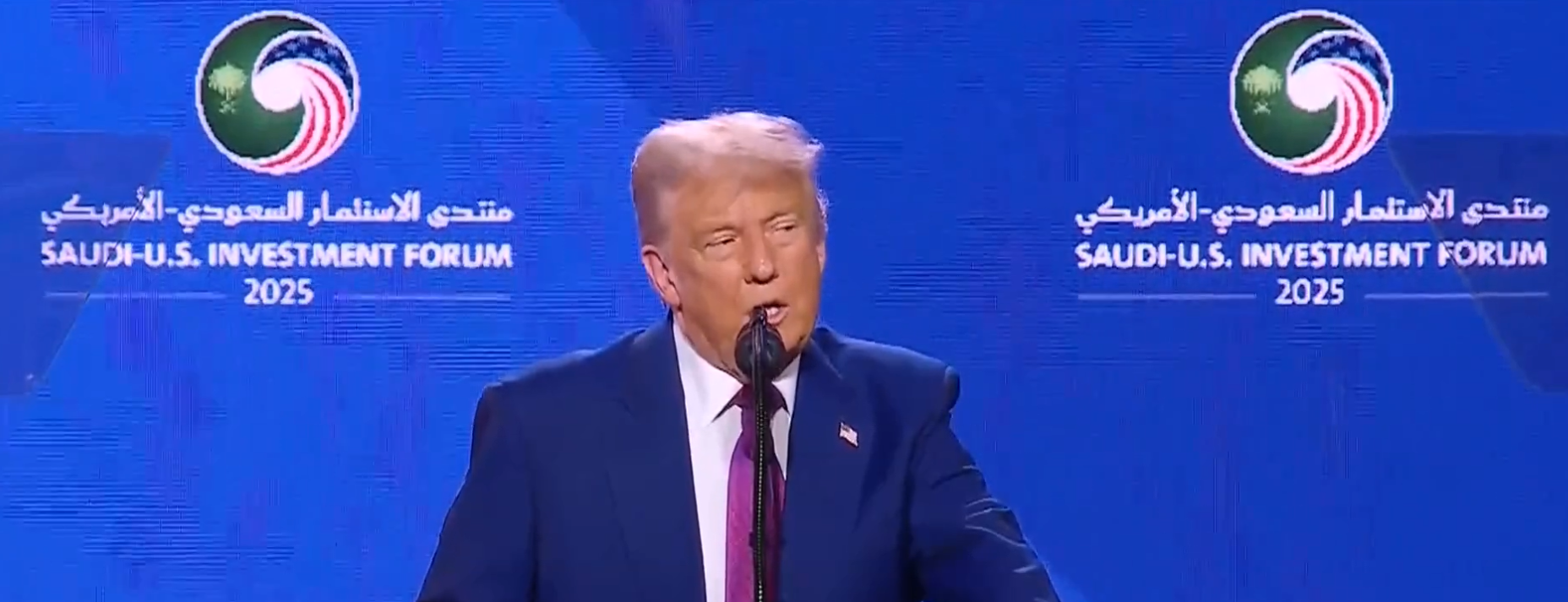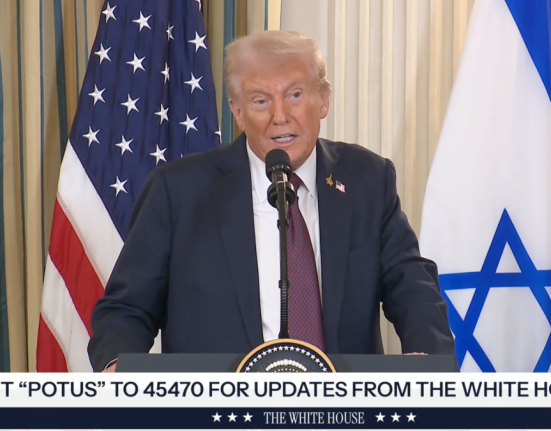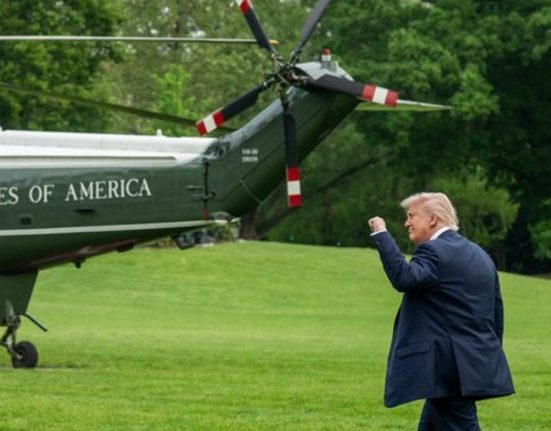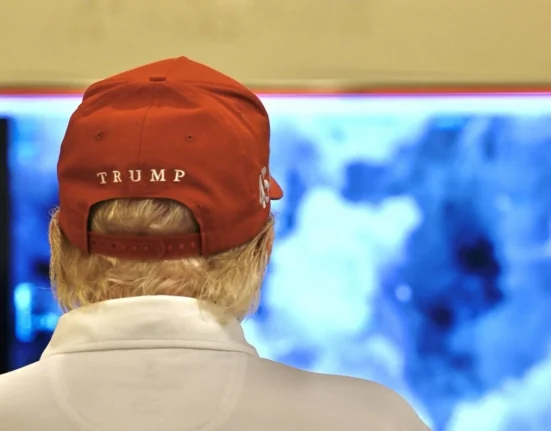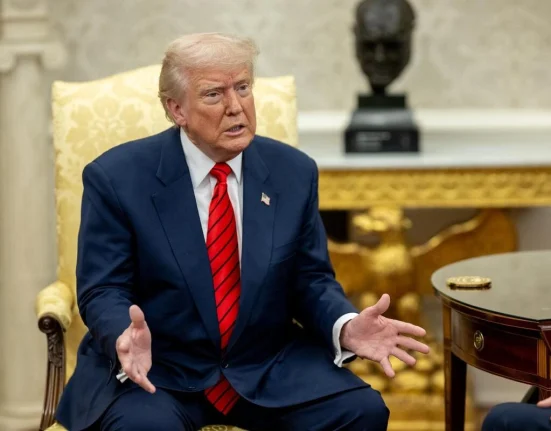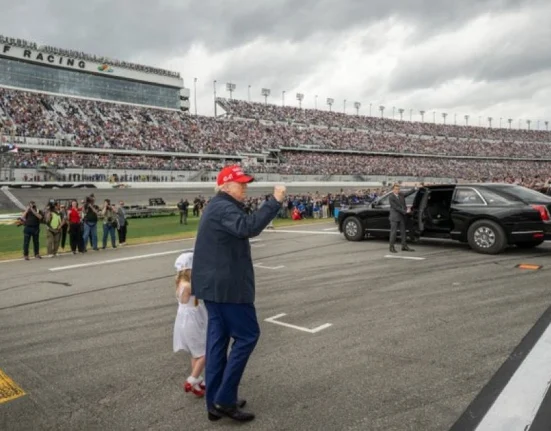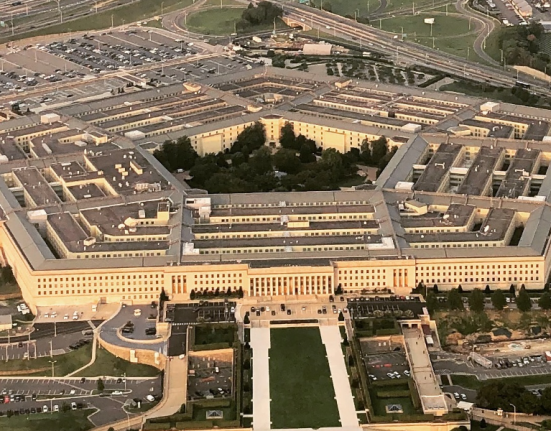Trump doubles metals duties, UK escapes – for now
British steel and aluminium exporters can breathe easy after former President Donald Trump signed an executive order raising duties from 25% to 50% for most other countries.
The UK is currently excluded from the doubled tariffs due to a provisional agreement signed with the US last month. However, the exemption hangs in the balance, as the formal implementation of that agreement has not yet taken place.
This means UK metal exports to the US still face the original 25% tariff until the deal is ratified – and could be subject to the increased levy if negotiations stall or collapse.
‘Committed to protecting British jobs’
The UK government responded by reaffirming its support for British industry, with a spokesperson saying it is “committed to protecting British business and jobs” and is working with Washington to finalise the trade arrangement. The spokesperson added that UK legislation to activate the deal will be brought before Parliament “in due course”.
Tories are critical of the move
Despite these assurances, concerns remain. A Conservative Party source labelled Trump’s latest move a “fresh tariff blow”, warning that the uncertainty risks destabilising key manufacturing sectors and damaging long-standing transatlantic trade ties.
The original tariffs were introduced during Trump’s first term under a national security justification, sparking global backlash and tit-for-tat trade measures. While the UK had previously been included in waivers under various US administrations, the return of Trump to power and his renewed focus on protectionism have reintroduced volatility for British exporters.
Businesses still face uncertainty
Industry representatives are also watching closely. The British Metals Association and UK Steel have long campaigned for tariff-free access to US markets, warning that any disruption in trade could have severe consequences for jobs and investment, especially in regions reliant on the metal industry.
The interim relief is welcome but fragile. Until the UK-US trade deal is fully operational, businesses face continuing uncertainty and potential cost increases. Analysts say the coming weeks will be critical as the UK seeks to finalise domestic legislation and US officials decide whether to uphold the carve-out amid broader tariff hikes.
For now, British exporters have avoided the worst, but the clock is ticking on securing long-term stability in transatlantic trade.

